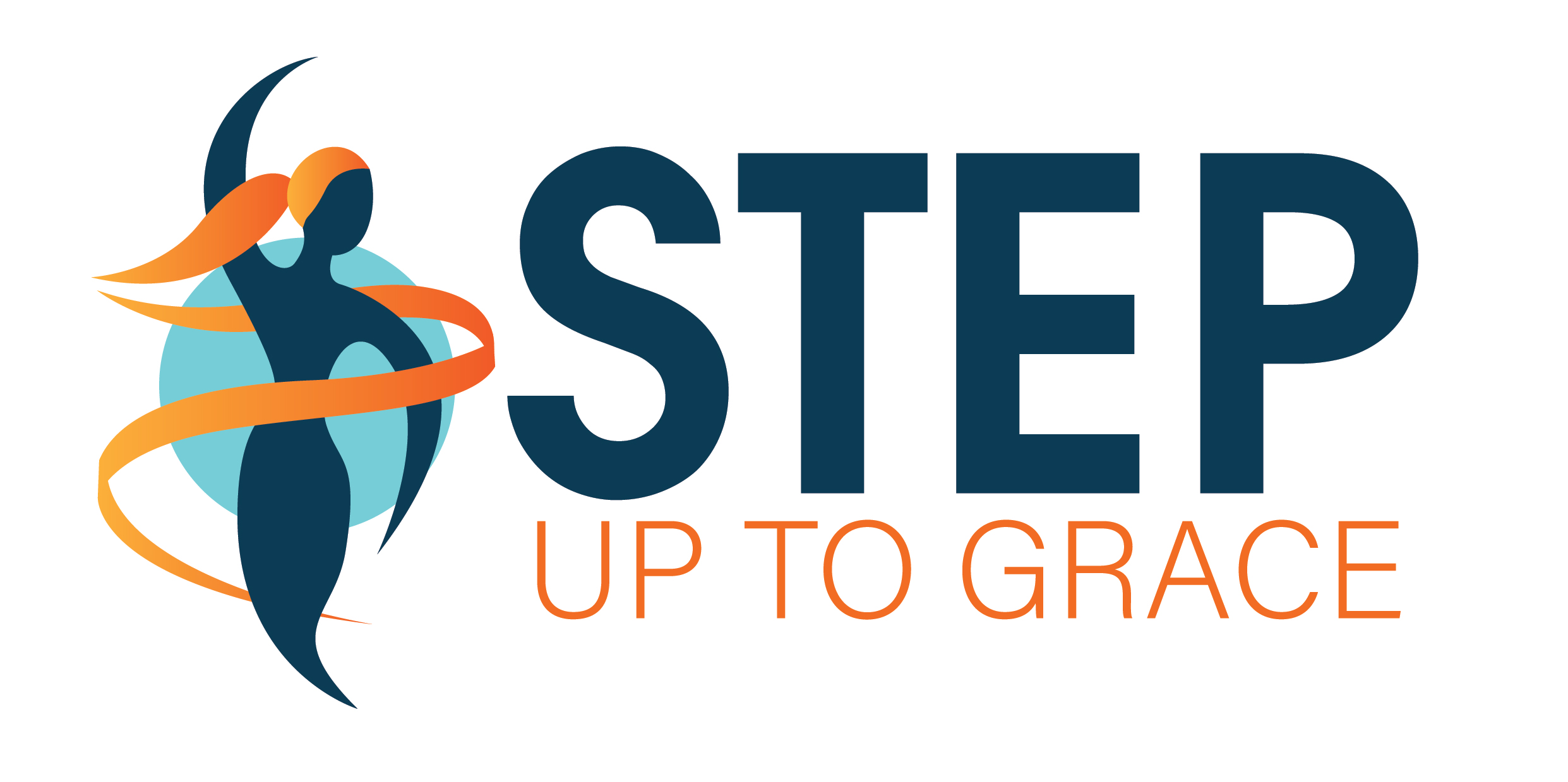![]()
Talking about your feelings can help you overcome postpartum depression. It may be difficult to tell friends and family that you are feeling down, but sharing your experience with others can take a lot of pressure off your shoulders. You may be surprised by how much support you can get from those who are supportive and understanding. And don’t feel bad asking for help – ask for it. It will be much appreciated.
Exercise
New mothers may be surprised to learn that exercising can help overcome postpartum depression. Studies have shown that women who exercised after giving birth had fewer depressive symptoms. In addition, women who lead sedentary lifestyles are more likely to suffer from this condition. While the exact benefits of exercise are still unclear, any type of exercise can be beneficial. Yoga, stretching, cardio, and brisk walking are all good choices.
Researchers conducted a systematic review of twelve controlled trials, involving 932 women, to assess their effects on postpartum depression. Exercise interventions were shown to significantly reduce depressive symptoms among ‘depressed’ and ‘general’ postpartum populations. Further, the studies found no difference in the effects of exercise on postpartum depression between groups of women. The results of these studies are available upon request. The findings are preliminary, and further research is needed to test the effects of physical activity on depression.
If you’re planning to exercise after birth, speak with your midwife or doctor to learn more about safe exercise. Exercising too rigorously may increase your risk of injury, but experts recommend moderate to vigorous exercise for women postpartum. Some recommended exercises for postpartum women include walking, cardio, stretching, and strength training. Moreover, exercise is good for the abs, relieves stress, and promotes better sleep. Many women report feeling more energetic and a better mood after a bout of physical activity.
In addition to exercising, staying connected to family and friends is also important. Regular conversation with other mothers helps a depressed mind to focus on other things. During the day, it is also important to spend quality time with your partner, talking about sweet memories from your pregnancy. Getting fresh air and sunlight helps improve the mood. Taking the baby for a stroll can also help. It’s important to eat nutritious foods that contain high levels of protein.

Cognitive behavioral therapy
CBT, or Cognitive Behavioral Therapy, is a treatment option for postpartum depression. It works by helping people analyze unhelpful thinking patterns and behaviors. Unrealistic expectations and pressure to be “perfect” are common causes of PPD. CBT helps new mothers to identify and change unrealistic expectations and negative self-talk that can worsen the mood. It can also help mothers feel more confident and less alone in their new roles as parents.
The researchers conducted this study on postpartum women who met the diagnostic criteria of a depressive mental disorder and scored at least a 10 on the Edinburgh Postnatal Depression Scale. The experimental group completed a 9-week group CBT intervention immediately after the delivery, while the control group completed a waiting period before receiving the intervention. The outcomes of the two groups were assessed at the start of the study, and nine weeks later.
A new study suggests that a single online group therapy session can help reduce anxiety and improve symptoms of postpartum depression. A new study compares CBT with usual care alone in a randomized controlled trial of women with PPD. Researchers also looked at mother-infant relationships, which were also significantly improved. This study has a high degree of reproducibility, as all participants were screened for postpartum depression at the same time.
The aim of this study was to prevent postpartum depression. In the study, all mothers scoring higher than a nine on the Edinburgh scale after parturition were screened and re-assessed after a 4 to six-week program of cognitive-behavioral counseling. The results showed a significant difference in mean postpartum depression scores. Another study, Milgrom, meanwhile, followed a group of women with a history of postpartum depression. The intervention group had significantly lower mean depression and anxiety scores than the control group.
Antidepressants
The use of antidepressants for postpartum depression has been linked to a reduction in levels of a neurosteroid called brexanolone in the brain. During pregnancy, women build up high levels of this hormone, which drops abruptly after childbirth. This decrease is linked with the development of PPD. Postpartum depression can develop at any point during the first year following childbirth, but some women are predisposed to depressive episodes. Some antidepressants, such as selective serotonin reuptake inhibitors (SSRIs), may help reduce symptoms. They are not quick-acting, and it may take four to six weeks for the effects of the medication to show.
A doctor will need to screen a patient for postpartum depression. Several factors can trigger the development of depression. Some women have thoughts about harming themselves or their babies. Other symptoms include a feeling of guilt or anxiety, irritability, and poor sleep. It is best to discuss these symptoms with your healthcare provider so that they can distinguish between common mood-related symptoms and postpartum depression. During your postpartum visit, bring a trusted family member or partner. Your partner will help you remember important details and can also assist in the treatment plan.
Brexanolone is a newly approved medication that has the potential to treat postpartum depression. The drug is also effective for other stages of life. It may require a separation of the mother and her child to take effect. In addition, it’s important to know that the drug can be expensive, and may not be affordable for many women. In the meantime, it’s a welcome addition to the current treatment options for postpartum depression.
Support groups
Postpartum depression support groups can be a great way to cope with the challenges that come with motherhood. Typically open ended, these groups are made up of moms at different stages of recovery. New moms may be interested in joining a support group for postpartum depression if they are feeling hopeless or overwhelmed. Unlike a drop-in group, though, open ended groups are meant to offer ongoing support and hope.
Peer-facilitated postpartum depression support groups have been shown to have beneficial effects on participants’ moods, with results indicating that participation in such a group may help increase social support. Postpartum mood disorders are a common occurrence in new moms, and the groups can help destigmatize these symptoms. Participants in this peer-support group meet weekly, and former members lead the group. The study was conducted in an urban city in the southeastern United States.
Among the many causes of postpartum depression, many women struggle with the difficult transition to parenthood. These conditions are often caused by hormonal changes that impact the mother. Early diagnosis and treatment is key. By establishing realistic expectations and prioritizing your own health, women can avoid putting their new child at risk of postpartum depression. By seeking help and guidance from a trained professional, women can learn to cope with postpartum depression and begin enjoying motherhood again.
Support groups for postpartum depression provide a safe environment for women to share their experiences and gain the skills necessary to cope with it. Postpartum depression can impact the entire family, from spouses to friends and partners. Fortunately, postpartum depression support groups can help overcome the problems associated with marital life and improve communication in the family. These groups offer a safe, encouraging environment for both partners and mothers. And because many women suffer from postpartum depression, these groups are an invaluable resource for preventing isolation and improving social connections.
Dietary changes
If you suffer from postpartum depression, making some dietary changes may be the key to beating this condition. A good source of protein is fish and poultry, which help to keep you full longer. Omega-3 fatty acids found in fish, nuts, and seeds may also help fight off this condition. Cooking with flaxseed oil and eating walnuts in oatmeal is a good way to incorporate more omega-3s into your diet.
Some of the most common foods to include in your diet to combat the symptoms of postpartum depression are vitamin-rich, and contain B-vitamins like folate and serotonin. The amount of vitamin-rich foods such as fruit, vegetables, and whole grains may also help. Fruits and vegetables are great sources of B-12, and you may even want to consider a vegetarian diet. Pork is another good option, as is pineapple and watermelon.
Eating habits can mimic those of the baby, so making changes to your diet can help you meet your baby’s changing needs. Eating more frequently is also beneficial because it helps you meet your increased appetite and support lactation. You can also increase your milk supply, which will make you feel better overall. For many women, it can be difficult to reconnect with people who can help. But with the right support and nutrition, you can overcome postpartum depression.
Eating a healthy diet is essential to your brain’s health. Studies have shown that a healthy diet improves brain function. A healthy diet may be a simple way to alleviate the symptoms of postpartum depression. However, your diet can also help alleviate psychological issues such as anxiety or depression. If you are not sure whether dietary changes can help you overcome postpartum depression, you should consult a doctor. It can help you deal with any other problems you may be experiencing

